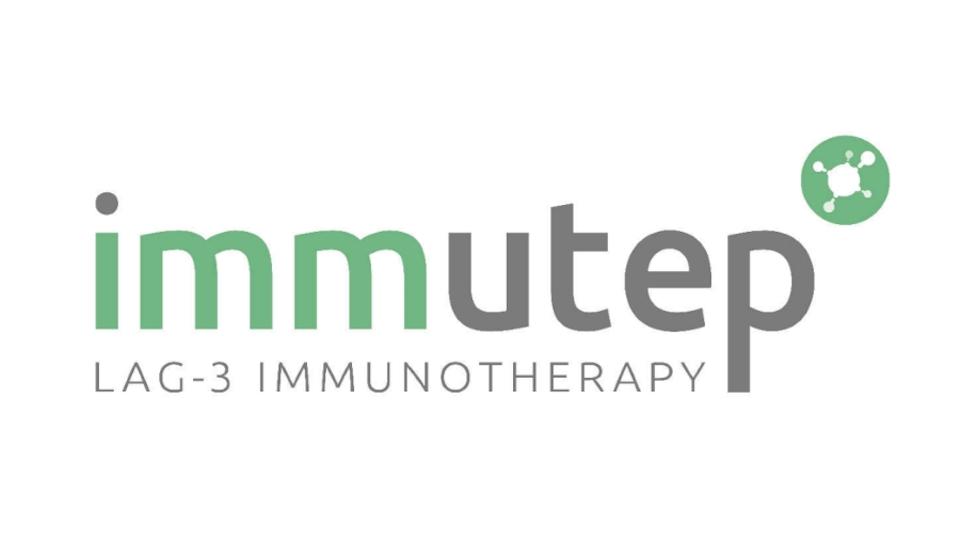Immutep mulls filings for LAG-3 drug after new readout

Shares in Immutep have leapt after the biotech reported phase 2b results showing that LAG-3 inhibitor eftilagimod alfa (efti) significantly boosted the efficacy of MSD’s Keytruda in patients with PD-L1-negative head and neck cancer.
The new data comes from the same TACTI-003 study that weighed heavy on Immutep’s stock just a few weeks ago when initial data was presented which appeared to show modest benefits for the combination compared to PD-L1 inhibitor Keytruda (pembrolizumab) given alone.
TACTI-003 is evaluating efti with Keytruda in 171 previously untreated head and neck squamous cell carcinoma (HNSCC) patients, one of the most common forms of the cancer.
The first data came from Cohort A, a group that included patients whose tumours were positive for the PD-L1 biomarker, either at a low or high level. Overall, patients taking efti and Keytruda in combination had an objective response rate (ORR) of 32.8%, versus 26.7% for Keytruda alone.
Most of the benefit came from patients with high PD-L1 levels, where the ORR was 31% for the dual therapy and 18.5% for Keytruda, with little difference between the groups for people with low levels of the biomarker.
Now, data has arrived from Cohort B of the trial, a group of 33 patients who tested PD-L1-negative at enrolment – with a combined positive score [CPS] of less than 1.
Among 31 evaluable subjects, there was an ORR of 35.5% and a disease control rate (DCR) – which includes stabilisation of the cancer – of 57.7%, which Immutep said is “among the highest recorded for a treatment approach not containing chemotherapy” in this population.
Three patients (9.7%) saw their cancer completely disappear after treatment, which the company said was an impressive result as historical data suggests PD-1/PD-L1 inhibitors have a 0% chance of achieving a complete response in this setting. According to the Australian biotech, over half of the patients received treatment for at least six months, as did 90% of responders, which points to a “durability of response.”
For example, Keytruda given on its own to treatment-naïve, PD-L1-negative HNSCC patients had a 5% ORR and a 27% DCR in the KEYNOTE-048 trial, according to analysts at Ladenburg Thalmann, who suggested in a research note that the add-on effect of efti on Keytruda is impressive.
“Efti+pembro may provide a chemo-free option with similar (close enough) response rates as chemo-containing treatments but a better safety profile,” they said, pointing out that chemo typically has a short duration of response of seven months or less.
Shares in Immutep rose 20% after the announcement, recouping some of the loss that occurred after the Cohort A data was released. The company said it will now discuss a path forward for efti on the strength of the new data.
The LAG-3 inhibitor already has fast-track status from the FDA in first-line HNSCC, regardless of PD-L1 status, and the analysts say the result in the PD-L1-negative arm is “intriguing” given that Immutep is also running a trial in non-small cell lung cancer (NSCLC) – a much larger target indication – that includes a CPS <1 cohort.
The first drug in the LAG-3 inhibitor class to reach the market was Bristol-Myers Squibb’s Opdualag, a fixed-dose combination of LAG-3 drug relatlimab with PD-1 inhibitor nivolumab, sold on its own as Opdivo. So far, that is only approved to treat melanoma but has grown quickly to reach $627 million in sales last year, almost all from the US market, although it recently failed a phase 3 colorectal cancer study.
There are plenty of other companies hoping to follow BMS’ lead, notably MSD which has a LAG-3 candidate called favezelimab in phase 3 as a combination with Keytruda for blood colorectal cancer and haematological malignancies, and in phase 2 for a string of other solid tumours.













